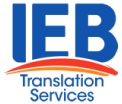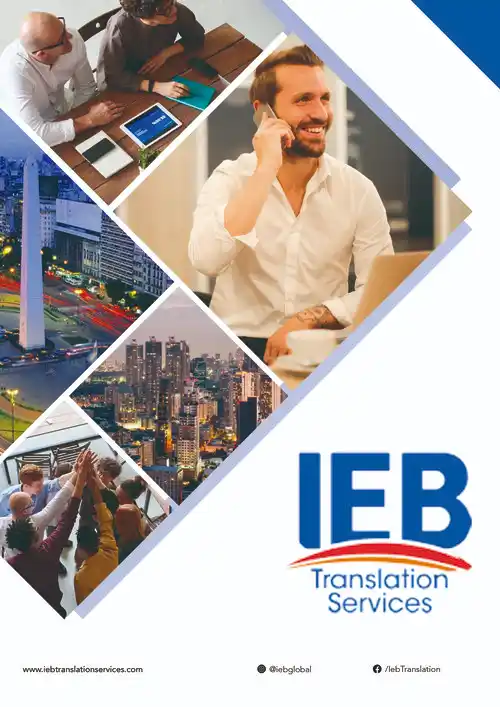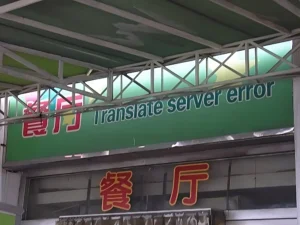Choosing a translation company is a crucial decision for businesses aiming to communicate with international audiences. A quick online search reveals the overwhelming number of translation companies in existence.
How can you find the language provider that best suits your company’s unique requirements? We will outline the main points we consider essential to help you answer this question.
Virtual Scouting
As with any research process, the initial step involves conducting an online search. While exploring different language providers’ websites, pay close attention to the following:
- Client testimonials: Positive feedback from previous clients serves as a strong indicator of an agency’s ability to deliver high-quality results.
- Contact information: Clear communication channels are essential for any professional service provider. Make sure the website includes phone numbers, email addresses, and a physical address.
Expertise and Language Proficiency

Language proficiency alone is not enough. Subject matter expertise and industry knowledge are essential for producing high-quality translations that faithfully convey the integrity of the original message.
In highly regulated sectors, such as legal or pharmaceutical, it is advantageous to engage a translation provider with relevant industry experience. Such a provider will be better equipped to adhere to industry-specific requirements and apply any pertinent guidelines.
Questions to ask your provider:
- Can you describe your process for understanding our business and the context of the documents to translate?
- What steps do you take to stay updated on industry trends and changes in terminology?
- Are you familiar with any industry-specific translation tools or software that can enhance the accuracy and consistency of translations?
Quality Assurance Processes
By examining a provider’s quality assurance process, you can assess their commitment to delivering error-free translations. This includes reviewing their proofreading, editing, and revision practices to ensure that the final product is polished and free from mistakes.
Quality assurance also encompasses measures to maintain consistency throughout the translation project. Consistency is vital for branding, corporate messaging, and maintaining a professional image.
Questions to ask your provider:
- Do you have a dedicated team or specific linguists responsible for quality assurance?
- How do you ensure consistency in translations, especially for long-term projects or recurring translations?
- Do you have any quality certifications or industry standards that you adhere to?
Confidentiality and Data Security

When collaborating with a language service provider, you will need to share documents containing customer data, legal materials, or proprietary information. Ensuring strict confidentiality for your translated materials is essential to safeguard your business interests.
Equally important is evaluating the translation provider’s adherence to data protection laws and regulations. By verifying their compliance, you can mitigate potential risks related to legal and regulatory issues that could otherwise negatively impact your operations.
Questions to ask your provider:
- What steps do you take to secure and protect client data?
- How long do you retain client files and information after the completion of a project?
- Do you have a disaster recovery plan in case of unforeseen events that could impact data security?
Turnaround Time and Costs
Understanding the turnaround time and costs enables you to strategically plan your workflow and allocate resources efficiently. We recommend requesting quotes from several translation providers and comparing their pricing structure to determine which one can accommodate scalability for future growth.
Questions to ask your provider:
- What is your typical turnaround time for a standard translation project?
- Are you able to manage projects with fluctuating volumes or unpredictable deadlines?
- Do you charge per word, per page, or per project?
- Can you provide a breakdown of the factors that influence pricing for a project?
- Do you offer different pricing tiers based on the complexity or subject matter of the content?
In conclusion
We explored the main considerations to keep in mind when looking for a translation service provider. The ideal choice will align with the specific needs of your business and target audience. Use this guide as a roadmap to navigate the selection process. And if you’re wondering if IEB could be a good fit for your business requirements, let’s start a conversation and see how we could help your business thrive globally.




